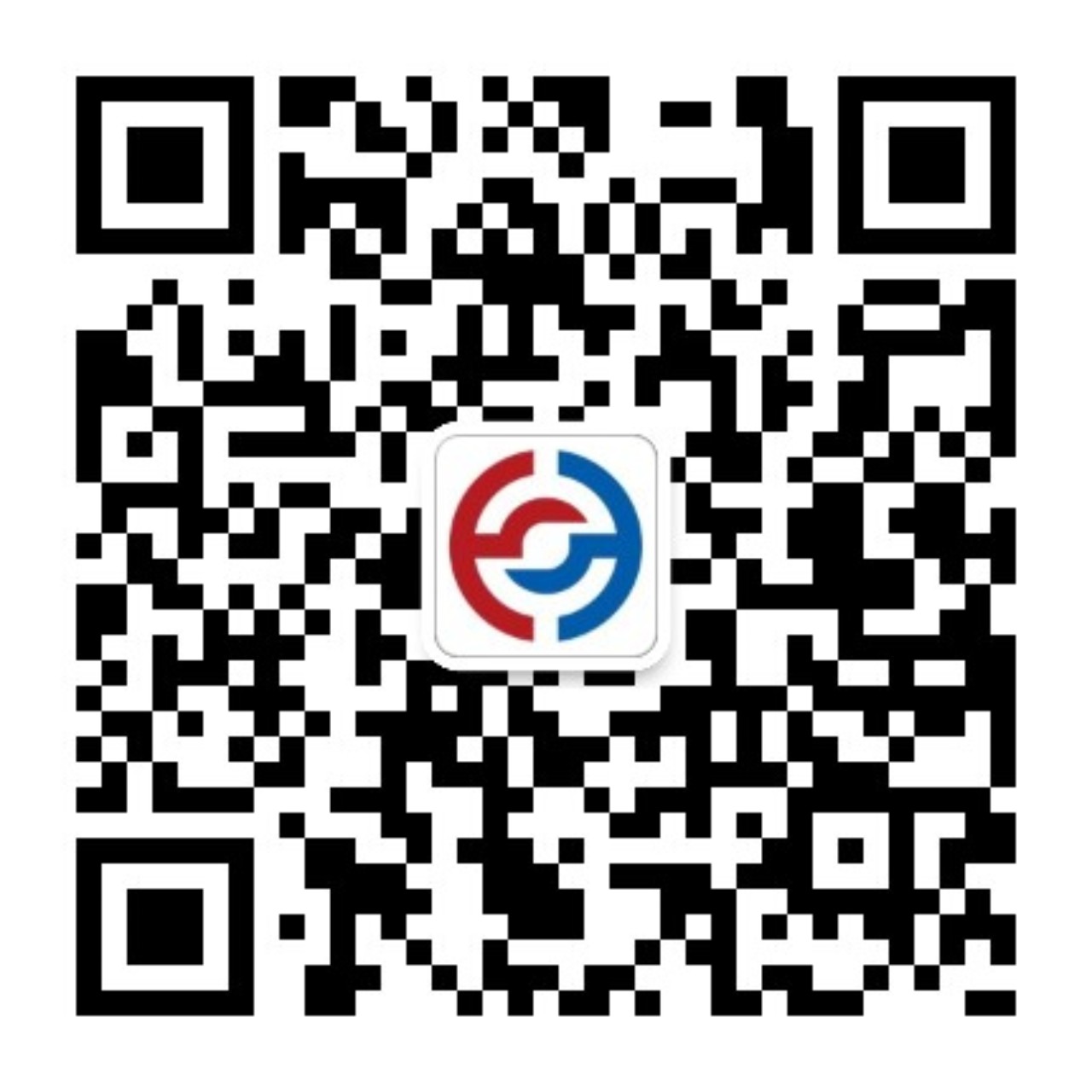12:28:23
阿拉伯联合酋长国 United Arab Emirates
标准普尔全球阿联酋采购经理人指数在2025年8月为53.3,高于上个月52.9的四年多来的低点。这一好转主要是由更快的产出增长推动的,在更强劲的销售、正在进行的项目和有弹性的国内需求的支持下,产出增长达到了六个月来的最高点,略高于调查的长期平均水平。然而,新订单量降至2021年6月以来的最低水平,反映出竞争压力加剧和供应链持续中断。在通胀方面,投入成本连续第二个月以更快的速度上涨,达到2月份以来的最高水平。作为回应,非石油公司适度提高了售价,涨幅是五个月来最快的,也是有史以来最高的。最后,8月份商业信心有所改善,因为非石油公司表示乐观,认为国内稳定的经济状况和与客户的牢固关系将支持来年的持续增长。
The S&P Global UAE PMI came in at 53.3 in August 2025, picking up from a more than four-year low of 52.9 in the previous month. The upturn was mainly driven by faster output growth, which hit a six-month high and slightly exceeded the survey’s long-run average, supported by stronger sales, ongoing projects, and resilient domestic demand. However, new order volumes declined to its lowest level since June 2021, reflecting intensifying competitive pressures and ongoing supply chain disruptions. On the inflation front, input costs rose at a faster pace for the second month in a row, reaching its highest level since February. In response, non-oil firms modestly raised selling prices, with the rate of increase the quickest in five months and among the highest on record. Finally, business confidence improved in August, as non-oil companies expressed optimism that stable economic conditions at home and strong relationships with clients would support continued growth in the coming year.












